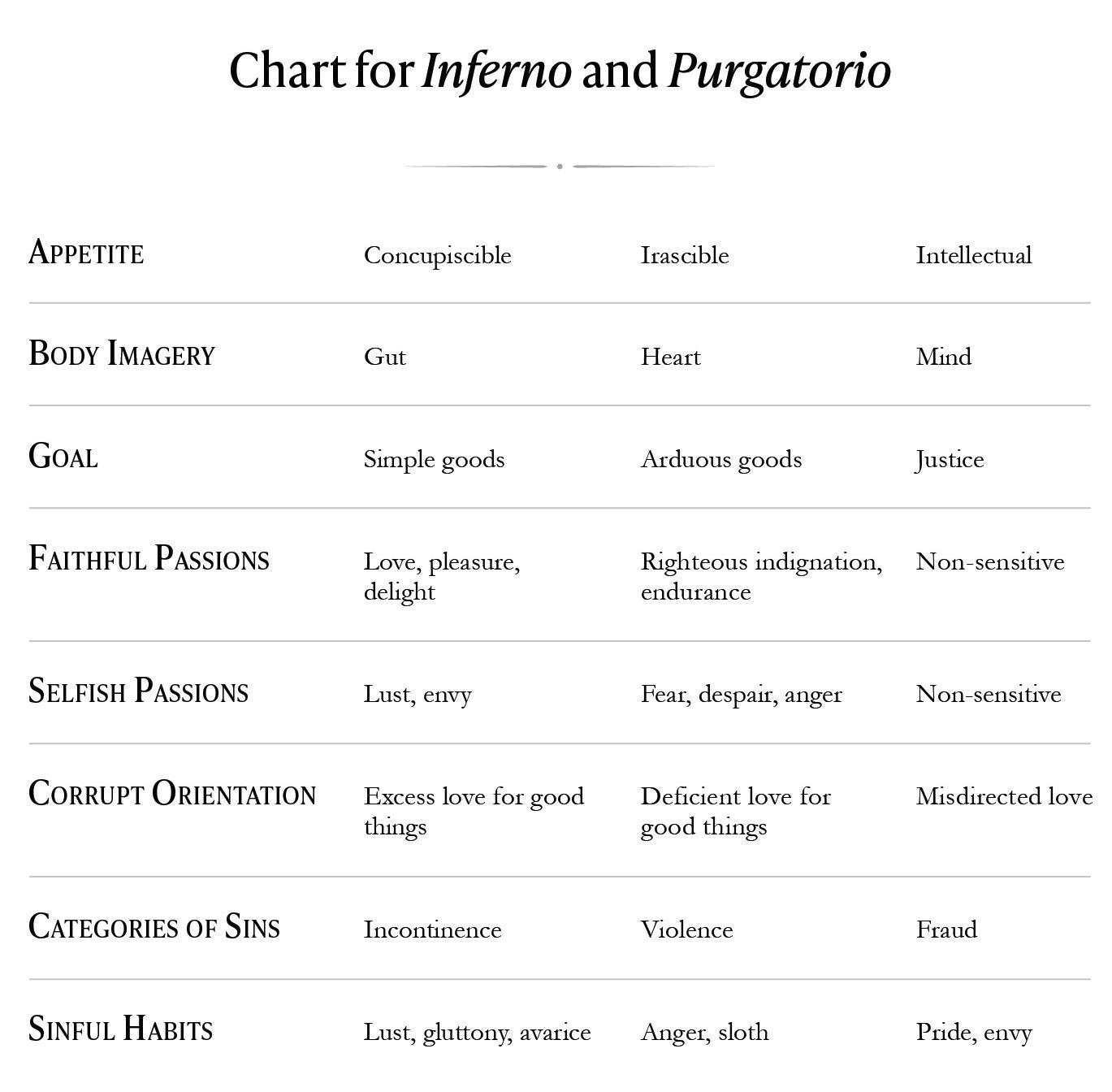
1 minute read
Analysis
In June of 1300, the historical Dante, several years before he began composing the Comedy , was elected to the priory of Florence. He was one of six priors that governed the city, an exalted and prestigious position. He is at the top of his game. Politically, he has made it; he has climbed the social ladder, achieved great notoriety, and has been the recipient of tremendous good fortune. It is highly interesting that this is the moment, a moment that would appear to be one of great success and achievement, that the poet Dante places himself in a dark wood, having lost “the right direction.” Beneath all the gilding, all the prestige and power, it appears that he is empty, a soul fully asleep to its true purpose, wasted, wracked by avarice, in imminent danger of death. I say wracked by avarice because it is the she-wolf that gives the pilgrim the most trouble (if indeed avarice is the correct interpretation of the wolf). And not just the pilgrim, but she has ravaged all of Italy with her rapacious hunger. Italy, and not Dante alone, is in need of salvation. To that end, Virgil, full of compassion for Dante, is eager to help him out of this dangerous place, and persuades the pilgrim to follow his lead.
Advertisement





